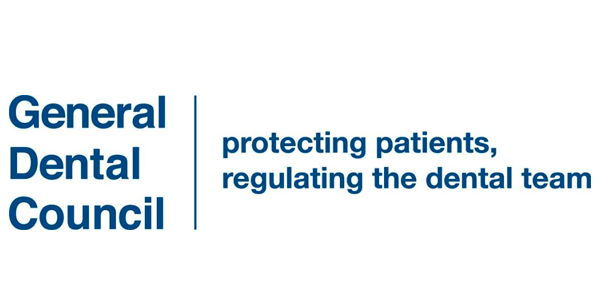Groups campaign for a new tax to tackle tooth decay and obesity in the UK
MPs and British Health Charities are starting to back a call for urgent reforms on sugar to tackle tooth decay and obesity in the UK.
The Commons’ Health Committee say a tax on sugar – which they report has been successfully implemented in Mexico – could influence the way we think about sugar and they believe we can no longer ignore the health risks “the new tobacco” poses to our health.
But can a sugar tax change our eating habits? Or should they form, as Ewan Bramley Dental Care argues, a package of changes that could include clearer labelling on food products and strict controls on advertising?
Let’s weigh up the pros and cons and take a look at how much sugar we should consume and why our intake is becoming an issue of national concern.
How much sugar should we eat?
The NHS recommends that a safe level of daily sugar intake is 70g (17.5 teaspoons) for men and 50g for women (12.5 teaspoons), depending on a person’s size, age and activity levels.
The Scientific Advisory Committee on Nutrition, however, says this should be halved.
This would mean just one 330ml can of Coke (35g sugar), a 250ml glass of cranberry juice (36.3g sugar) or a Mars bar (33g sugar) would exceed limits for women and take up most of a man’s daily intake.
Why are we so worried about sugar all of a sudden?
In dental health terms, children’s tooth extractions reportedly cost the NHS around £30 million per year with the key cause being tooth decay. Furthermore, 26,000 primary school aged children were admitted to hospital due to tooth decay last year.
Sugar has also been cast as the chief culprit of Britain’s obesity crisis. Almost a quarter of the British adult population is thought to be obese, with the proportion expected to rise to over a third by 2030.
The BBC reports that “a fifth of children start primary school overweight or obese, rising to a third by the time they leave”.
The BMA also claims that poor diet costs the NHS around £6bn a year – greater than the impact of alcohol, smoking and physical inactivity.
So, where should we go from here?
The British Dental Health Foundation thinks that the Government should consider a sugar tax and says there is “an urgent need to promote healthy living and improve the quality of life for millions.”
The British Dental Health Foundation also believes the Government must act now to prevent further “suffering for potentially thousands of the country’s children,” as sugar-related tooth decay remains the number one reason for hospitalisation of children in the UK.
Dr Nigel Carter OBE, Chief Executive of the British Dental Health Foundation, said: “Implementing a ‘sugar tax’ would allow payment of the costs of sugar related dental treatments and also make people think twice before buying sugary drinks.
“What is happening right now in dental surgeries and hospitals across the country cannot be allowed to continue. The introduction of a ‘sugar tax’ would go a long way to changing the way we all view sugar.
“The British Dental Health Foundation will continue to campaign for a ‘sugar tax’ and promote the benefits of a healthy diet for our dental health.”
Should the Government tax sugar? Or are these claims unrealistic? HAVE YOUR SAY! Leave a comment on this article and join the Ewan Bramley debate!






